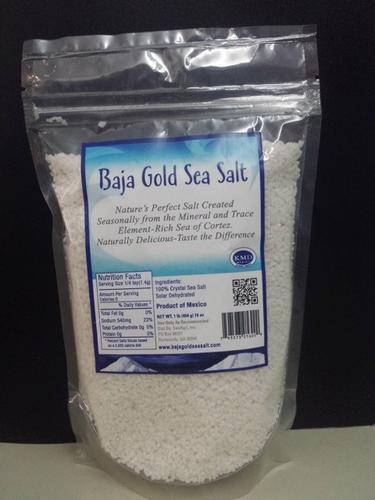Apple
Member
- Joined
- Apr 15, 2015
- Messages
- 1,267
if you know how a/hypo chlorhydria feels...Total failure to do what?

Calcium absorption and achlorhydria - PubMed
Defective absorption of calcium has been thought to exist in patients with achlorhydria. I compared absorption of calcium in its carbonate form with that in a pH-adjusted citrate form in a group of 11 fasting patients with achlorhydria and in 9 fasting normal subjects. Fractional calcium...pubmed.ncbi.nlm.nih.gov
“Administration of calcium carbonate as part of a normal breakfast resulted in completely normal absorption in the achlorhydric subjects.”
Stomach gets easily irritated by different foods, produces too much histamin and causing all kinds of allergies. Dairy is rich in histamins on its own. Eggshell just stops any motility in stomach, makes me feel full for a half of day. Then foods passes rapidly through small intestine not giving enough time for absorption, and stays too long in large intestine feeding bacteria.
Calcium is absorbed with wrong timing, probably binds to wrong stuff, impedes absorption of other minerals and nutrients. I feel minerals depleted and numb after traditional calcium foods

